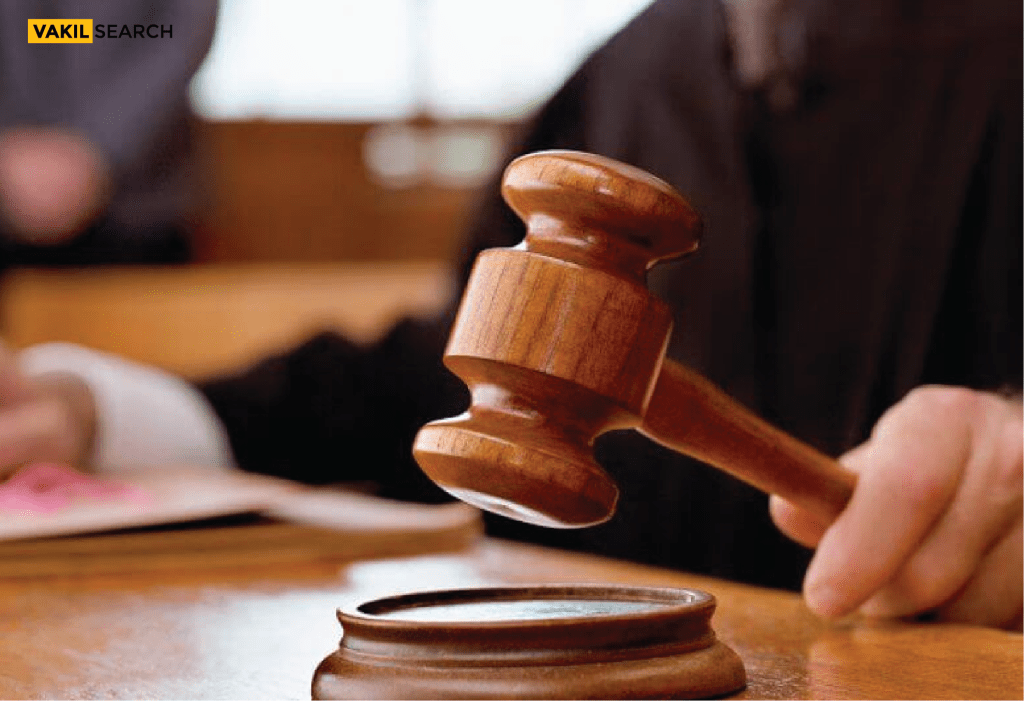The Supreme Court has asked the Centre whether motor vehicle registration data can be integrated into a single platform to enable electronic surveillance of traffic violations and ensure better enforcement of road safety laws.
A bench led by Justice Abhay S Oka noted on Tuesday that data on vehicle registration, insurance, pollution compliance, and speed-limiting devices remains fragmented across multiple platforms. The court sought a response from the government on whether this could be consolidated to improve monitoring and enforcement.
The matter was brought to the court’s attention by Hemant Jain, who filed an application concerning road safety in an ongoing public interest litigation (PIL) initiated by S Rajaseekaran. Jain highlighted that the lack of a unified data system made it difficult for authorities to track offenders, analyse trends, and take timely corrective actions.
“The response of the Union government and others shall be placed on record in the form of a counter affidavit by March 17,” the bench, which also includes Justice Ujjal Bhuyan, directed. The court also instructed that a copy of the application be given to senior advocate Gaurav Agarwal, acting as amicus curiae in the matter. The Centre’s response is scheduled to be reviewed on March 24.

Supreme Court Push for Digital Enforcement
The Supreme Court has been pushing for stricter digital enforcement of traffic laws. On September 2 last year, the court directed all states and Union territories to implement Section 136A of the Motor Vehicles Act. This provision mandates electronic surveillance using tools such as speed cameras, CCTVs, speed guns, speed governors, and automatic number plate recognition (ANPR) systems to curb road accidents.
Advocate Kishan Chand Jain, who argued the recent application, pointed out that the absence of a comprehensive digital structure not only hampers law enforcement agencies from effectively reducing road accidents but also contributes to widespread traffic violations and higher vehicular pollution.
At present, critical vehicle-related data is dispersed across various government portals. The VAHAN database records vehicle registrations, SARATHI manages driving licenses, the Insurance Information Bureau (IIB) tracks insurance status, and the Pollution Under Control Certificate (PUCC) database monitors emissions compliance. These systems operate independently, preventing authorities from efficiently identifying and penalising non-compliant vehicles.
“The lack of a unified approach to data management results in accountability gaps and prevents the government from addressing key safety concerns effectively,” Jain argued before the court.

Widespread Non-Compliance Under Motor Vehicles Act
The application cited government data, revealing significant levels of non-compliance with the Motor Vehicles Act. According to Jain’s submissions, of the 21.8 million registered transport vehicles, only 1.07 million have legally mandated speed-limiting devices (SLDs). Similarly, out of 385 million registered motor vehicles in India, only 175 million possess valid insurance, indicating widespread disregard for regulatory compliance.
Jain proposed that leveraging digital infrastructure could allow law enforcement agencies to automate e-challans, track uninsured and overaged vehicles, and enforce compliance with pollution and safety norms more effectively.
The Karnataka High Court had issued a similar directive last August, asking state authorities to integrate police IT systems with transport and insurance department databases. The aim was to ensure real-time sharing of accident investigation details and streamline enforcement.
With the Supreme Court now seeking the Centre’s response, the debate over integrating motor vehicle registration data has gained fresh momentum. If implemented, a centralised system could significantly enhance road safety, improve compliance, and create a more accountable traffic management framework.
The matter is set for further hearing on March 24, when the Centre’s affidavit will be reviewed.
For any legal assistance, contact Vakilsearch.
- Foreign Assets Worth ₹29,000 Cr Declared After ITD Campaign - March 7, 2025
- RBL Bank Shares Drop as GST Authorities Conduct Search - March 4, 2025
- LIC Receives ₹479.88 Crore GST Demand Notice for 2020-21 - February 28, 2025

